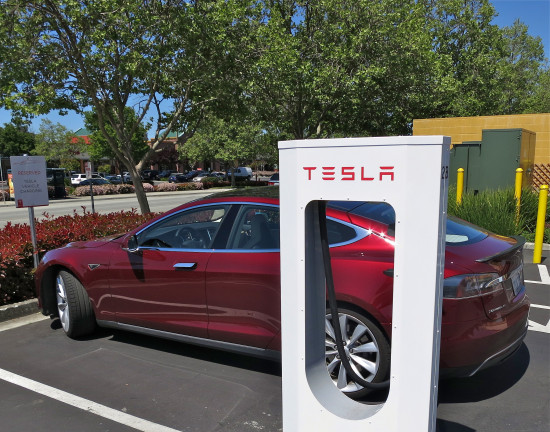
In the bill, auto companies could no longer ask dealers to set documentation fees of less than 5% for customers. The highest charge for those fees, according to state law, is $200.
The change in the bill would directly disallow auto sales in the state “directly to a retail customer other than through franchised dealers,” the Detroit News reported. There are, however, exceptions in cases involving government agencies and nonprofit groups.
At present, sales models of Tesla work by calling in for car buyers to buy directly from the company. And if that isn’t possible, then the sale happens only through approved company outlets.
In a report carried by Forbes, Michigan has over 50 owners of Tesla cars. However, the sales outlet closest to the state is located in Columbus, Ohio. The amendment was laid out last Oct 2 and was passed shortly after. Credit for the amendment was taken by the Michigan Automobile Dealers Association. However, Terry Burns, the association’s VP, said that the change was only a form of clarification for an already existing law. There was no intent to specifically target Tesla’s operations in the state.
Detroit News reports that Burns said, “People have asked me is this an attempt to keep Tesla out. No. We would expect if Tesla wanted to operate in the state of Michigan that they would follow the laws.”
In reaction to the news, Snyder’s deputy press secretary Dave Murray said, “Many bills came over as the legislature finished the session. The governor is doing due diligence by examining all of them.”
Gov. Rick Snyder has until Oct. 21 before he has to decide on whether he wants to sign the bill into a law or not. Until then, speculation on whether he would he say aye or nay on the anti-Tesla bill would run high.
Meanwhile, Tesla’s announcement earlier this year of plans to build a “gigafactory” in the state of Nevada is already setting off discussions among lawmakers as to whether tax breaks for the company, in figures of $1.3 billion, are worth it.
(Photo courtesy of Steve Jurvetson)
Comments